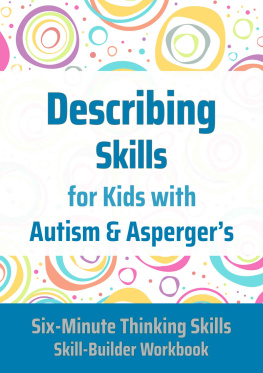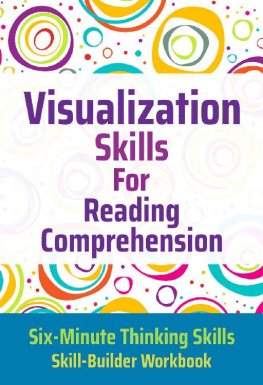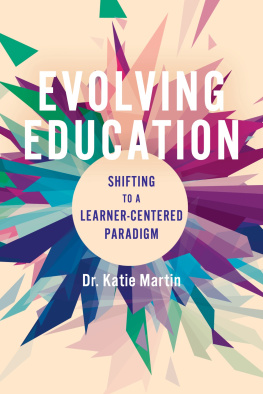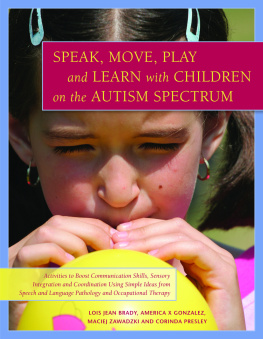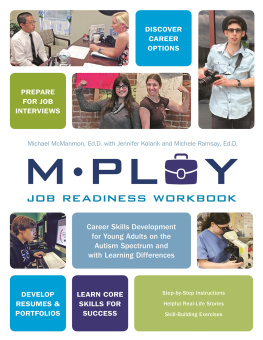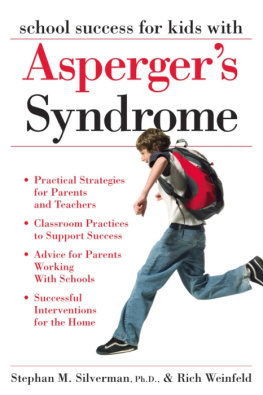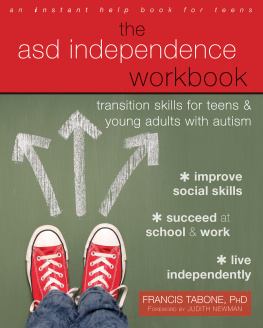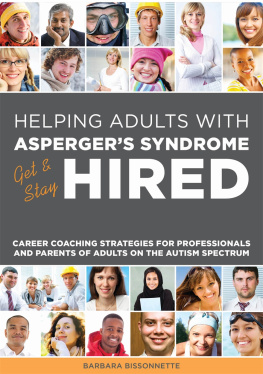Describing Skills for Kids with Autism & Aspergers
Six-Minute Thinking Skills
Workbook
Happy Frog Press
Introduction
Welcome to the
Six-Minute Thinking Skills series. These workbooks are designed for busy parents and professionals who need easy-to-use and effective materials for working with learners who struggle with the language and thinking skills required for school success. This workbook,
Describing Skills, provides step-by-step activities to quickly build the ability to describe objects, people and events.
These expressive language skills can be challenging for children with Autism/Aspergers and for adults with aphasia or other cognitive issues. Use this workbook to build or rebuild your learners ability to quickly and precisely describe an object, a person or an event.
About this workbook
Key details of this workbook are:
- Suitable for 1-1 or classroom use
This book can be used in a classroom or with a single learner.
- Gradually increments difficulty
Learners begin with simple description tasks, which gradually increment as the book progresses. By the end, learners will use 5-10 sentences to provide detailed descriptions.
Everything needed is included in the book. You can get started right now
- Small chunks. Use any time
Our worksheets are designed for six-minute sessions. Anytime you have a spare moment, your learner can accomplish the next incremental step in their learning journey. The ability to verbalize and describe their world is key for all learners. Whether it is describing an item they are looking for, recounting an incident that occurred to them, this workbook will ensure your learner has the ability to express their needs, concerns and interests.
Support your struggling speakers with this fun, engaging workbook that will build your learners ability and confidence in this important skill.
Information for Kindle Users
Welcome Kindle user! A workbook on Kindle. how does that work? Easily! Your student will benefit most from this resource if you complete the workbook orally. Speaking the answers prepares your learner for using the same skills in conversation or in a classroom. No need for writing at all! Its thats easy! As it should be :-)
How to Coach a Six-Minute Session
No student wants to spend extra time learning.
1. 1.
Have a consistent and regular schedule Consistency and regularity are vital if you want to reach a goal. So, choose a regular schedule for your six-minute sessions, get your learners agreement and stick to it! In a school setting, make this task a regular part of your students day. In a home setting, aim for 3-4 times per week. 2. Devise a reward system Working on skill deficits is hard work for any learner. Appreciate your students effort by building in a reward system.
This may include a reward when a specific number of exercises are finished, when tasks are completed correctly on the first try, or whatever specific goal will encourage your learner at this point in their journey. Remember to reward based on effort as well as correctness. 3. Scaffold then fade for success As your learner encounters a new challenge, scaffold the task so your learner can be successful. For example, if your student cant think of the category an ambulance belongs to, try giving alternatives, Is it a vehicle or a fruit? Later in the same session, try the same example and/or a similar example without scaffolding. For example, add fire truck to the list of tasks.
Your learner is ready to move on to the next page when they can achieve 80% success without scaffolding. Keep in mind, the task words you present to your learner should be known to them. Your student may learn new words to describe the item/person/event, but the basic object should be known to them. If there is an unknown word in the list, replace it with something your learner knows. 4. Dont write in the book What? Its a workbook, isnt it? Well, yes.
But your student will learn more if you complete this workbook orally. Instead of writing the answer, require your learner to answer orally in complete sentences. Your learners brain will work hard, but he or she will develop skills that are immediately generalizable. In fact, the best use of the workbook is for you to use it for notes.
- Identify any words done incorrectly and make sure to add a few similar words to try later.
- Cross out and replace words your learner does not know.
- For middle-school learners, add in a few words from their current science, socials or English lessons.
5. Require complete sentences & model alternatives Make sure your learners provide complete sentences when answering the prompt.
For example, when giving the category for an item, your learner should answer: An apple is a fruit, rather than just saying fruit. As the tasks become more challenging, feel free to model more natural constructions after your learner has given a (predominantly correct) answer. For example, if your learner answers: A cow is an animal and it moos. You can reply: Thats great. A cow is an animal that moos. Dont draw attention to the alternative you are modeling. Just say it and move on. 6.
Most importantly. Most importantly, make this a FUN experience with your learner! Learning happens best when our brains are relaxed - not stressed. It is your job to make sure your students brain stays ready to learn while doing this workbook. Build success upon success and celebrate every small achievement.
Level One
Describing an Object
Coaching Guide Level 1
In this level your learner describes known objects. Your student begins by building up descriptions one feature at a time until he or she can fluently describe an object using 6-12 (or more!) sentences. Your learner may complete the worksheets orally with you, or may do them independently, with an in-person review when finished.
As mentioned in the How to Coach section, we believe completing the workbook orally should be your preferred option, where possible. Not only do the skills generalize more easily, you can give immediate feedback and scaffold struggling learners. As each part of a description is introduced, the workbook provides individual practice so the learner can demonstrate competency in isolation. The skill is then integrated into the learners descriptions. If your learner has difficulty with any of the individual steps, consider working on this skill separately and then return to the workbook.
Adaptations/Extensions for older learners.
If your learner is in middle school or higher, add in additional words from their current school work once they have mastered the basics.
Adaptations/Extensions for older learners.
If your learner is in middle school or higher, add in additional words from their current school work once they have mastered the basics.
This will extend their description skills and also consolidate their knowledge of the subject content. It will also reveal knowledge gaps! For example, if your learner is studying the solar system, ask them to describe words like Saturn, comet, etc.
Identify the Group 1
When describing something, start by identifying the group or category it belongs to.For example: An apple is a fruit.
